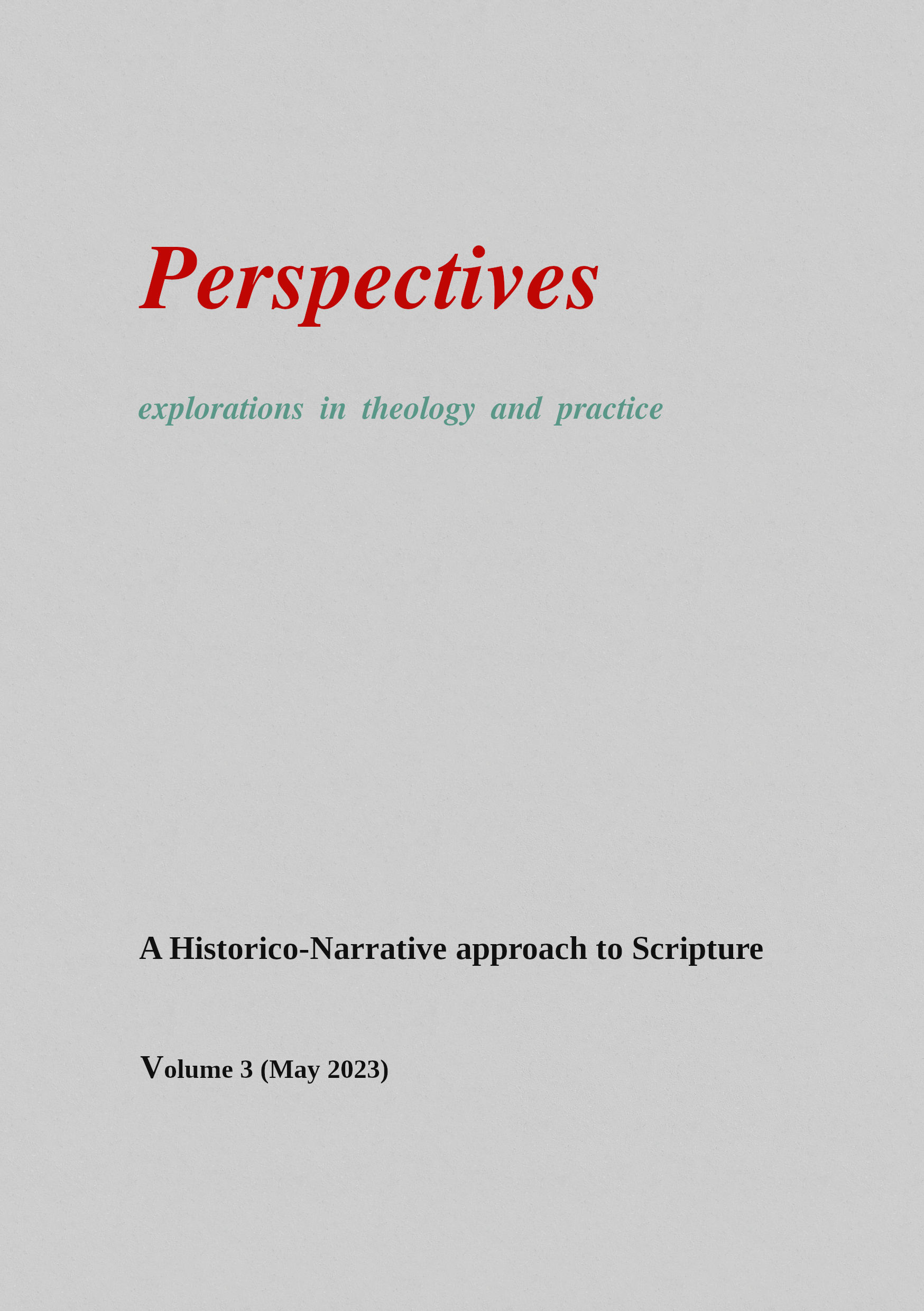Putting a crown on someone… No I have not watched the events today in the UK, but it has been on in the background. A big event – but what kind of event? Head of the church of England (the monarch), and the archbishop anoints the king… wow – mutual submission or confusion?
Before quoting a little Scripture (little???) a disclaimer: I am not from the elite (now who was invited to the coronation?), nor am I from the church as organisation background (I like to claim an anaBaptist streak), nor am I a royalist (does not mean I am anti-royalist) so would not be able to swear allegiance – of course I claim that my Teacher seemed clear on that – not to swear. So a little Scripture:
Then all the elders of Israel gathered together and came to Samuel at Ramah and said to him, “You are old, and your sons do not follow in your ways; appoint for us, then, a king to govern us, like other nations.” [T]he Lord said to Samuel, “Listen to the voice of the people in all that they say to you, for they have not rejected you, but they have rejected me from being king over them… But the people refused to listen to the voice of Samuel; they said, “No! We are determined to have a king over us, so that we also may be like other nations and that our king may govern us and go out before us and fight our battles.”
Not very encouraging! Ah well there is one to follow Saul who is one chosen as he will be ‘after God’s own heart’ – but what could that mean? Could be he liked the harp and sang some great songs – that will take him a long way… but maybe ‘ok we got royalty in place, now empty it of power, and make it redundant’. I kind of think the latter, particularly as ‘king of the Jews’ title was nailed to the cross.
I don’t go for the ‘Christian nation’ label as it seems to mix two words that are oxymoronic, but if a nation is a ‘Christian nation’ surely the inauguration of a ‘king / queen’ is a testimony to a nation not being Christian and simply as one of the [other] nations?
Monarchy – yes or no – not an issue for me, but to raise it up as being a sign of a particular nation being elevated in status just does not cut it for me. ‘Defender of faith’… not really the role of anyone for everyone; maybe ‘defender of faiths’ could be more Christian as the cross opens the way to the Father (faith) and leaves open the door for anyone to pursue whatever faith they desire to profess (faiths and non-faith).
Another little (repeated) Scripture:
In those days everyone did what was right in their own eyes as there was no king in the land.
A royalist vision… but maybe ironically a vision worth pulling for. Everyone doing what they saw as right – was that not the prophetic vision? Where no one needed someone else to teach them the right way? The solution in the above Scripture – get us a king… But I think the real solution – heal my eye-sight.
Of course what I have written above has very little bearing on today’s ceremony. But maybe where we place our allegiance is to be questioned. Meanwhile life carries on – sight of Jesus seems to be relevant, deeply personal and applicable to one and all – royalists included.


 This one is ‘Volume 3’. They are very much in line with the ‘Explorations’ series of books. This one is on Scripture where I advocate that we need a two-fold but intrinsically related approach of a historical and narratival perspective and understanding. I am not suggesting that this is at any level original to myself – others have pioneered such and similar approaches.
This one is ‘Volume 3’. They are very much in line with the ‘Explorations’ series of books. This one is on Scripture where I advocate that we need a two-fold but intrinsically related approach of a historical and narratival perspective and understanding. I am not suggesting that this is at any level original to myself – others have pioneered such and similar approaches.